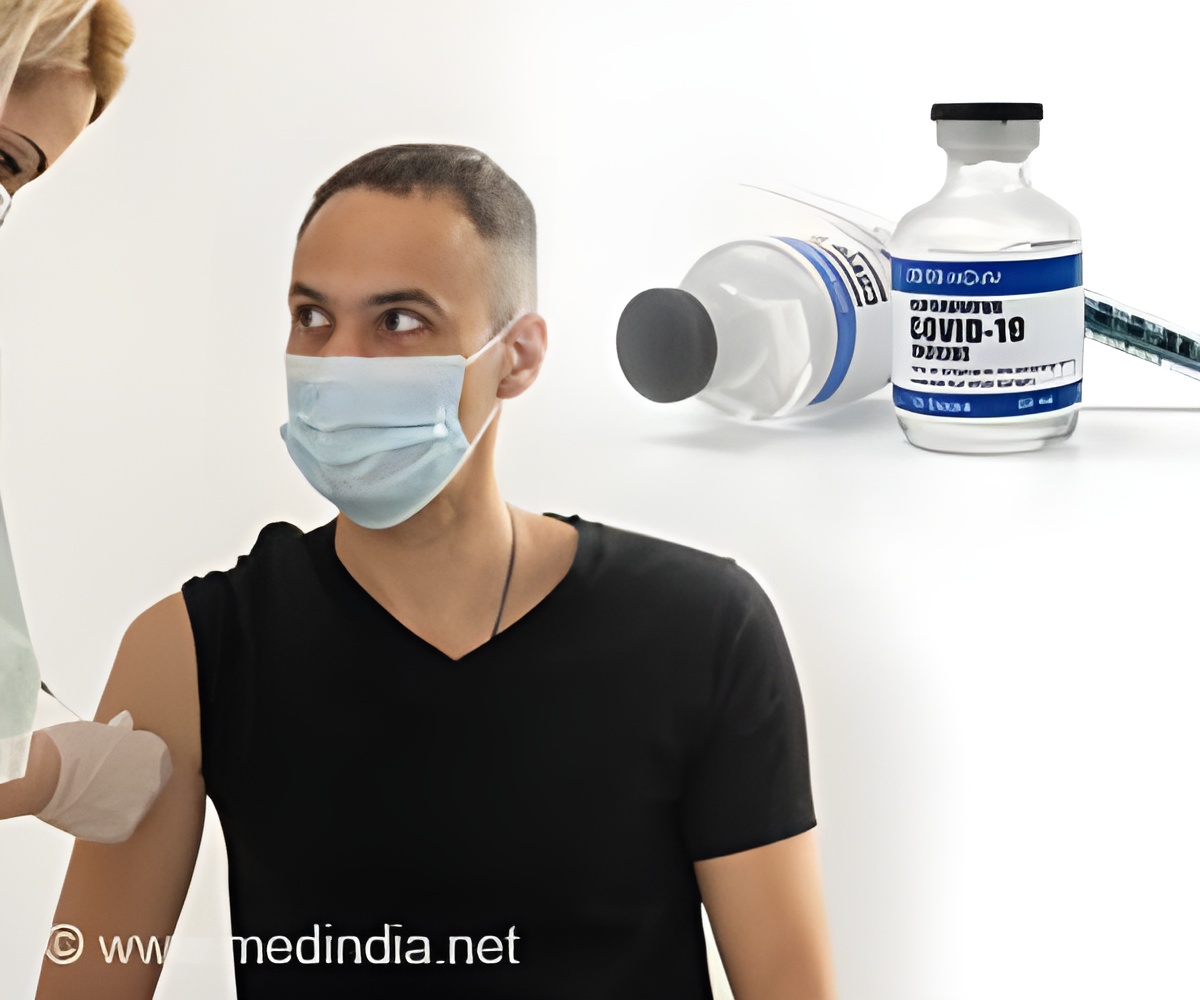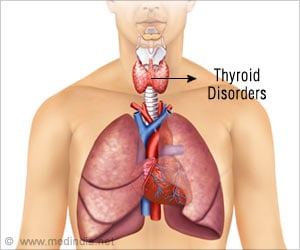
‘Pfizer/BioNTech and Moderna used one such platform, based on messenger RNA, to develop their vaccines. The mRNA platform had already been designed to serve as the basis of a vaccine for coronaviruses, including the common cold and rapidly mutating. SARS-CoV-2 virus that causes COVID-19 was sequenced within one year of the pandemic's start.’
Tweet it Now
An examination of this transition by a Penn State-led team concludes that such smart manufacturing techniques could in the future be applied to other viruses, potentially allowing vaccine development to keep pace with constantly evolving pathogens, according to project lead Soundar Kumara, Allen E. Pearce, and Allen M. Pearce Professor of Industrial Engineering at Penn State Univ., PA. The findings were published online by the American Society of Mechanical Engineers’ Journal of Computing and Information Science in Engineering.
Vaccine Production: Traditional Versus Biotechnology Platform-Based Techniques
"Vaccines based on biotechnology platform-based techniques have ’smart’ characteristics that are more versatile than vaccines designed and manufactured using traditional methods," said Vishnu Kumar, industrial engineering doctoral candidate and co-author of the paper.Biotechnology platform-based vaccine development involves cultivating a flexible baseline structure that can be customized as needed to create new vaccines for related viruses.
When pathogens mutate, researchers identify the changes and then apply them to the existing structure. This approach was underway when the COVID-19 pandemic began, and the massive global demand accelerated the large-scale and widespread adoption of the platform, Kumar said.
Researchers used this information to modify the existing mRNA platform to develop a vaccine tailored to that version of SARS-CoV-2 — a process that took less than a week once they had the genetic data. Johnson & Johnson Pharma used a similar approach called a viral vector.
Advertisement
Biotechnology-based techniques have the potential to drive future research for viruses beyond COVID-19, such as the flu, according to Kumar. An intelligent manufacturing approach using systems that gather, store and transmit high-quality process data could facilitate connections between devices during each stage of the vaccine development and manufacturing process.
Advertisement
Source-Eurekalert















